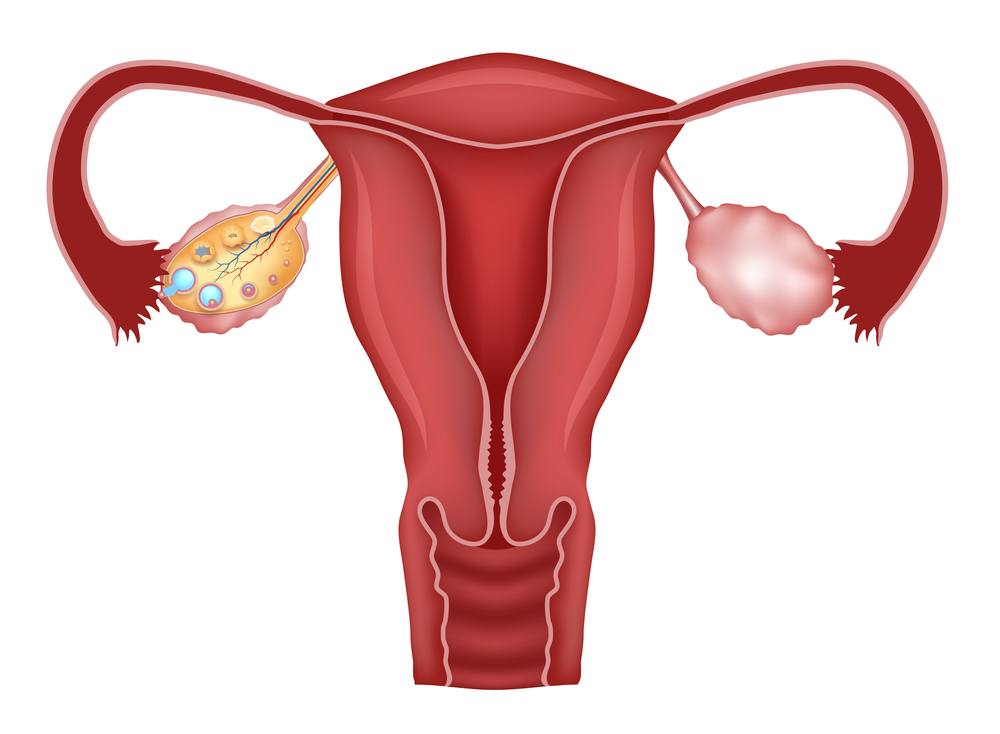Transgender Women And Pregnancy: A Community Activist's Proposal On Uterine Transplants

Table of Contents
The Current Landscape of Reproductive Healthcare for Transgender Women
The current reproductive healthcare landscape for transgender women presents significant limitations. Options like hormone therapy, while crucial for gender affirmation, do not enable pregnancy. Surrogacy, while a possibility, is expensive, emotionally taxing, and doesn't fulfill the deeply personal desire of carrying a child biologically. This lack of options profoundly impacts transgender women's mental health and well-being.
The emotional and psychological impact of infertility on transgender women is often underestimated. Many experience feelings of grief, loss, and inadequacy, further compounded by a healthcare system that may not fully understand or address their specific needs. Furthermore, many transgender individuals lack access to fertility preservation options before transitioning, severely limiting future possibilities.
- Limited access to fertility clinics experienced by transgender individuals. Many clinics lack the expertise or inclusivity to properly support transgender patients.
- High cost of IVF and surrogacy, creating significant financial barriers. These procedures are prohibitively expensive for many, making them inaccessible.
- Emotional toll of navigating a healthcare system often unfamiliar with transgender needs. This can lead to misgendering, lack of understanding, and further emotional distress.
- Scarcity of research specifically focused on transgender reproductive health. This lack of research hinders the development of tailored and effective solutions.
Uterine Transplantation: A Potential Solution?
Uterine transplantation, a procedure where a uterus is surgically transplanted into a recipient, presents a potential solution for transgender women desiring biological pregnancy. While still a relatively new procedure, uterine transplantation has shown promising results in cisgender women with uterine factor infertility. The success rate, while not perfect, continues to improve with advancements in surgical techniques and immunosuppression protocols. For transgender women, this technology offers the possibility of carrying and delivering their own biological child, a profoundly significant milestone.
However, it's vital to acknowledge the ethical considerations and potential risks. The procedure is complex, invasive, and carries risks such as organ rejection, infection, and complications from immunosuppressant medications. Moreover, the long-term effects of uterine transplantation in transgender individuals are currently unknown. This necessitates thorough research and cautious implementation.
- Overview of the surgical process and recovery involved in uterine transplants. This is a major surgery requiring a significant recovery period.
- Success rates of uterine transplants in cisgender women. While improving, success rates are not yet 100%.
- Potential long-term health risks associated with the procedure. These include risks from immunosuppressant drugs and potential complications from the surgery itself.
- Ethical considerations around donor availability and informed consent. Ethical frameworks need to be carefully established to ensure responsible use of donor organs.
- Discussion of potential rejection rates and immunosuppression requirements. Immunosuppression carries its own set of risks and challenges.
Addressing Ethical and Societal Concerns
The implementation of uterine transplants for transgender women requires careful consideration of ethical and societal concerns. Accessibility is paramount; ensuring equitable access regardless of socioeconomic status is crucial. The high cost of the procedure will likely create significant barriers for many transgender women.
Societal biases and misunderstandings surrounding transgender identities and reproductive rights pose additional challenges. Open and honest discussions are needed to address potential stigma and misinformation. Furthermore, the ethical implications of altering natural reproductive processes require careful examination and debate.
- The need for equitable access to the procedure, regardless of socioeconomic status. Financial assistance and public health initiatives will be essential.
- Open discussion around the moral implications of altering natural reproductive processes. Engaging with religious and ethical perspectives is vital.
- Engaging with societal perceptions of motherhood and transgender identities. Challenging harmful stereotypes and promoting inclusivity is crucial.
- Addressing potential issues related to insurance coverage and reimbursement. Advocating for insurance coverage will be essential to make the procedure accessible.
A Path Forward: Research and Advocacy
A path forward requires a significant investment in research and advocacy. Increased funding is urgently needed to study the feasibility and safety of uterine transplantation specifically in transgender women. This research must be conducted in collaboration with medical professionals, researchers, and, critically, the transgender community itself.
Developing clear ethical guidelines and protocols is paramount to ensuring responsible and equitable implementation. This collaborative effort will also address societal concerns and build public trust.
- Call for government funding to support research in transgender reproductive health. This research is crucial to understand the unique needs and challenges of this population.
- Collaboration between medical institutions and transgender advocacy groups. This ensures that research is informed by lived experiences and community needs.
- Development of evidence-based clinical guidelines for transgender uterine transplants. These guidelines will ensure safe and effective practices.
- Importance of ongoing dialogue to address ethical and social concerns proactively. This ongoing conversation is vital for responsible implementation.
Conclusion
Uterine transplants for transgender women represent a potentially transformative advancement in reproductive healthcare. While significant challenges remain, including ethical considerations, financial barriers, and the need for extensive research, the potential benefits for transgender women seeking biological pregnancy are profound. Increased research funding, open and inclusive dialogue, and dedicated advocacy efforts are crucial to making this a reality. By investing in research and fostering inclusive healthcare practices, we can create a future where transgender women can experience the joy of pregnancy and motherhood. Let's continue the conversation and advocate for progress in transgender women and pregnancy. We need to champion research and development in this area to unlock the potential of uterine transplants as a viable option.

Featured Posts
-
 Noi Mosdo Vita Floridaban Transznemu No Letartoztatasa
May 10, 2025
Noi Mosdo Vita Floridaban Transznemu No Letartoztatasa
May 10, 2025 -
 Antipremiya Zolotaya Malina Razgromnye Otsenki Filmov S Uchastiem Dakoty Dzhonson
May 10, 2025
Antipremiya Zolotaya Malina Razgromnye Otsenki Filmov S Uchastiem Dakoty Dzhonson
May 10, 2025 -
 West Bengal Board Madhyamik Merit List 2025
May 10, 2025
West Bengal Board Madhyamik Merit List 2025
May 10, 2025 -
 La Fires Price Gouging Allegations Surface Amidst Housing Crisis
May 10, 2025
La Fires Price Gouging Allegations Surface Amidst Housing Crisis
May 10, 2025 -
 Epstein Records Concealment Senate Democrats Accusations Against Pam Bondi
May 10, 2025
Epstein Records Concealment Senate Democrats Accusations Against Pam Bondi
May 10, 2025
